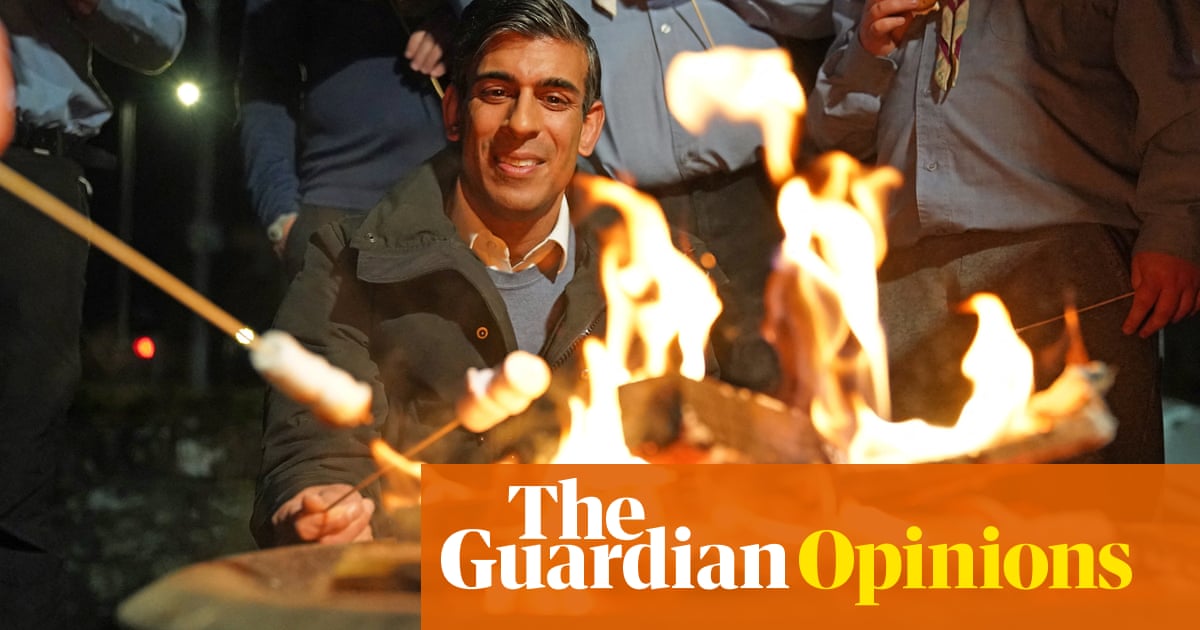
Does following universal human rights mean adopting similar, unified sociocultural values and practices? Clearly the answer is no. Yet we see tendencies to malign specific countries or societies based on their religious and cultural backgrounds. Despite a general agreement among scholars that present-day human rights are the common heritage of all civilizations, we continue to witness policies and actions in some quarters that tend to suppress diversity and impose one set of rules and ideas on the rest of the world.
These actions are more pronounced at multilateral forums, where some countries and groups lobby for specific actions or rights that may or may not be in conformity with the sociocultural or religious values of other countries. In many cases, proponents of these rights also use their economic and political muscle to muzzle any opposition to their views and proposals. Such actions stand in stark contrast to the coveted ideals of multiculturalism.
As believers, Muslims are convinced that, if God wanted to create a universe that exists in one way, in one color, in one religion or in one race, it would not have been difficult. But He wanted us to be different and the reasons for this diversity are given in His holy messages. Islam, therefore, embraces and cherishes diversity. History also shows in great detail the success and achievements of those civilizations that embraced diversity and promoted peaceful coexistence. We must, therefore, learn to take delight in the essential differences between humans and their cultures.
The horrors of the two world wars compelled countries to codify these ideals in the Universal Declaration of Human Rights, which affirmed the importance of equal rights and dignity for all human beings. The Vienna Declaration and Programme of Action in 1993 gave a further clear and concrete shape to these values. It recognizes that human rights are not only universal, indivisible, interdependent and interrelated, but must also be treated in a fair and equal manner globally, while giving due consideration to the significance of national and regional particularities as well as bearing in mind various historical, cultural and religious backgrounds.
Notwithstanding religious, political and cultural diversity, the international community is also unanimous on the need to respect human dignity and ensure the promotion and protection of fundamental human rights. Here it must be recalled that these ideals are also shared and preserved in all major religions and traditions.
Human rights do not belong to one race, religion or civilization. Indeed, the present-day civilization is a melting pot of different cultures, religions and traditions. Hence, the values of justice, peace, human solidarity and fundamental human rights form part of our common heritage. Accordingly, as the building blocks of human civilization, the different cultural and religious disciplines have an inherent right to preserve and develop their own principles within the common whole, i.e., diversity within universality. From this perspective, promotion of respect to and strict observance of cultural diversity is a facet of universality that contributes immensely to world peace and security.
We must learn to take delight in the essential differences between humans and their cultures.
Marghoob S. Butt
During the last seven decades, the development of universal human rights has helped millions of people around the globe to have their rights recognized, promoted and protected by their states. It has also greatly helped streamline and make the international system more representative and objective in certain ways. Unfortunately, however, there has been a gradual decline in the use of multilateralism since the fall of the bipolar world. Concomitantly, cultural and political imperialism is rising in different shapes, leading to unmatched horrors and suffering for humankind. Coercive measures, including unilateral sanctions and the use of force, are applied to subdue diversity or divergent views and policies.
Proponents of this approach argue that such actions are taken to ensure universal protection of human rights. But the hollowness of this lackluster approach is exposed when we see that the overt focus is on merging the standards vis-a-vis civil and political rights alone. There is no push to enjoy equal economic rights and benefits including the right to development.
The two world wars amply proved that, to live in peace and harmony, diversity within the global society must not only be acknowledged but also respected. Differences of views, ideas and systems can only be addressed through dialogue at each level. Sustained efforts must be made to enhance dialogue among religions, cultures and civilizations toward reducing confrontation, suppressing xenophobia and promoting respect for diversity based on justice, fraternity and equality.
The development of international human rights law must also be promoted through a consensual, cooperative and constructive approach, which helps acceptability and implementation. Selectivity or coercion-based models do not last long and lead to confrontation and chaos. The promotion of respect and strict observance of cultural diversity contributes immensely toward a culture of tolerance, mutual respect and accommodation. It also helps with the peaceful settlement of disputes, which is a key objective of the UN system.
International organizations such as the UN and the Organization of Islamic Cooperation (OIC) should develop strategies and devise mechanisms to promote the respect of cultural diversity as pervasive tools to help make a better world. Civil society, nongovernmental organizations, religious leaders and the media must also be involved in this collective effort. It is time to give up prejudices and teach our future generations that beauty and strength lie in diversity.












